The mentors in our lives can have huge impacts on our writing. Writing for Stage and Screen alum Wendy Ewan talks about her mentors from the Lesley MFA in Creative Writing program, discovering her talent for humorous writing, and founding Scribe Stages, a nonprofit organization that connects artists with local and working actors.
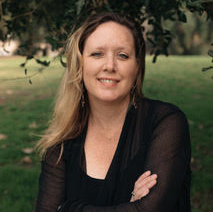
WENDY EWAN’s full-length plays include Land of Enchantment and The Undesirables as well as numerous short and ten-minute plays, screenplays and TV pilots. She was a National Playwrights Conference Semi-Finalist; KCACTF Regional and National Finalist; Playwrights’ Center Core Apprentice Program Finalist; and ITVFEST Semi-Finalist. She has had several LA productions and is a proud member of the Dramatists Guild of America. She is the founder and Artistic Director of Scribe Stages, a site-specific “page to stage” theatre group established in 2015 to help emerging writers develop their work. Her full-lengths, children’s one-act and ten-minute plays can be found on New Play Exchange. She writes magical realism, absurdism, dramedy. “Fish out of water” is her go-to source of internal and external conflict. She loves the angst of teenagers and their parents. Ghosts and angels sometimes visit her characters as if it’s normal. She’s obsessed with ’80s period pieces. She strives to build bridges instead of walls, to explore identity without creating enemies or pointing fingers. An invitation is created with each piece; come to the party and meet new people whom you wouldn’t normally interact with. You might just find a new friend sitting next to you.
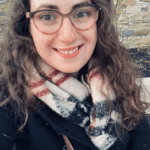
Interviewed by
Sharisse Zeroonian
Tell us a little bit about your personal journey that led you to Lesley.
I studied Poetry as an undergrad at Lewis and Clark. I worked all kinds of jobs. Started teaching myself how to write screenplays. In my opinion, stage plays and screenplays are the hardest things to write in the world, but they’re so fun! I also ended up teaching ESL and raised my two sons. I basically tried to do creative stuff on the side as I was teaching and raising a family. Once they were both fully in school, I got back into it.
What got me into playwriting was realizing I had the time to do it. I took a screenwriting class at Glendale Community College and realized, “This is my thing!” My first ten-minute play went all the way to the Kennedy Center. Everybody there was either in an MFA program or was heading to one, so I decided that should be the next step. I decided on Lesley because I had my boys, and the low-residency program was a perfect fit for me because I am a super busy mom!
What are some of your fondest memories of your time in the MFA program? Were there any faculty mentors who made a positive impact on your life?
I just love everybody [at Lesley]! After getting my MFA, I have since worked with Jami Brandli in writer’s groups over the past year in Los Angeles because we’re both local to each other. She’s continued to be a huge mentoring presence in my life; she helped me with a TV pilot and some plays, which I feel I couldn’t have written without her.
I loved A.J. Verdelle’s workshops and have applied what she teaches to my own writing; it doesn’t matter if it’s a script or a novel – the knowledge she has to impart is so valuable.
Kate Snodgrass was the first mentor that I worked with. She helped me so much, and gave me the most detailed feedback I’ve ever seen.
Sinan Ünel helped me work on a play. His workshops are all so different from each other and he always brought this sort of calm and peace to everything. I honestly couldn’t say anything negative about any of the four mentors I had.
What kind of themes does your work focus on?
I usually explore cross-cultural identity and politics in my work. I grew up in New Mexico where there’s this deep, incredible culture. Many people are bilingual there; I love the Spanish language. I work with people from all over the world, and my husband’s roots are in Jamaica. So it’s just constantly in my life and my consciousness, and it’s something I’m always exploring. I want to focus on our humanity and how we are similar. I also really like humor; all of the professors would just laugh out loud reading my work, so that’s something that was really exciting for me because I didn’t even know I was funny! I just think it’s great that the staff at Lesley are not just encouraging, but also help you find things in yourself that you didn’t know were there.
What are some roadblocks you face when writing and how do you overcome them?
One big thing for me is that I have almost have too many ideas. I remember Kate Snodgrass telling me that “[I] don’t have to write everything in [my] kitchen sink”, but that it’s actually kind of a great thing because [I] always have these ideas to mine for gold. That’s something I don’t like about my process; it’s very muddled. The MFA program is sort of what has helped me dial it in a little better. Now, because of what I’ve learned in the MFA program, I find that my drafts are actually much clearer. The program has helped me internalize structure in a way that I couldn’t have done on my own.
Tell us a bit about Scribe Stages: what is it and how did you come to start it?
In the playwriting class, a lot of what we did was very experimental, and we felt comfortable having that space, so I ended up creating this little group. We ended up doing ten-minute play events using local and working actors who just want to be practicing their craft, and the benefit of Scribe Stages is that it’s a super flexible thing. Our network keeps expanding. We have so many people that just want to work and we want to give them parts. It’s been more of a less-structured theater group than most; I wanted to make it more of a collaborative experience. Part of the reason why I created [Scribe Stages] was to help underrepresented, unrecognized growing artists and sometimes already developed artists get work out there. Our mission is not to produce a perfect, theoretical work; it’s to get work out there that is quality, but isn’t necessarily overproduced. I want people to know that they are good enough now and that they don’t need to wait for others to tell them that they are good enough.
What are the next steps for Scribe Stages?
The next step for Scribe Stages is going to be a podcast! We did some Zoom productions during the pandemic with actors from all around the world, and it got me thinking, “Why don’t we make a podcast?” So, that is my next big focus, and I’m planning on getting that all started and in the works during the next couple of months.

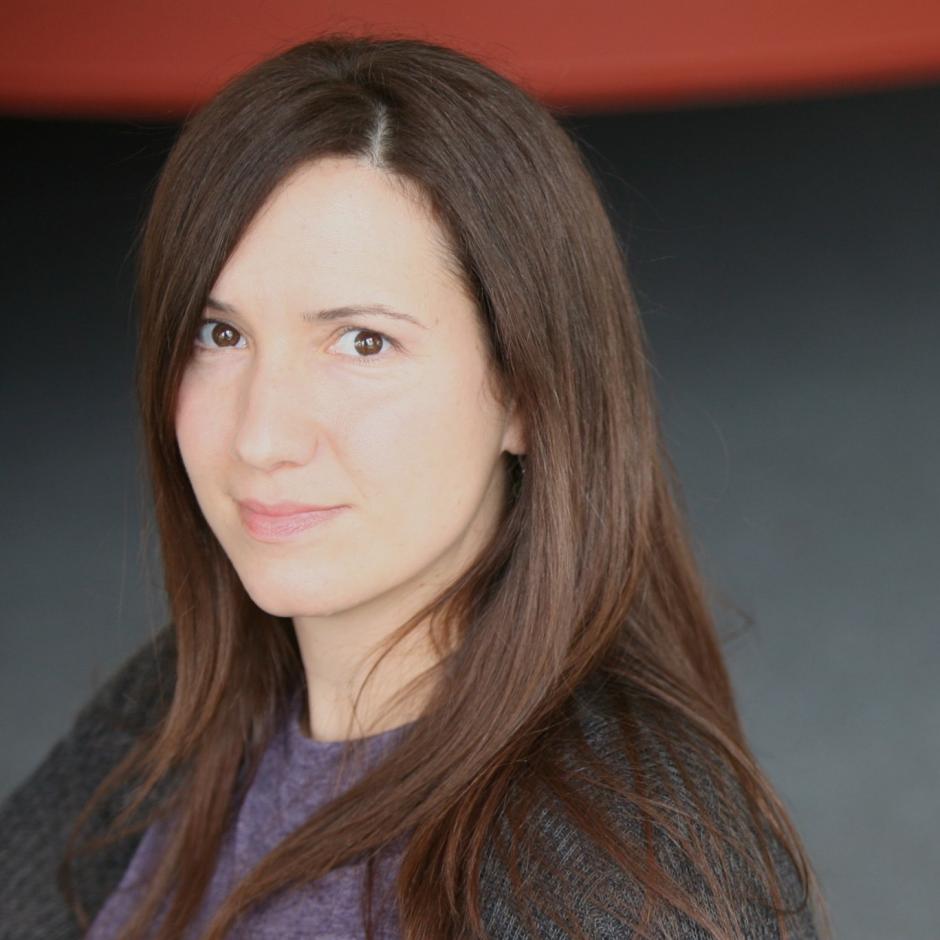
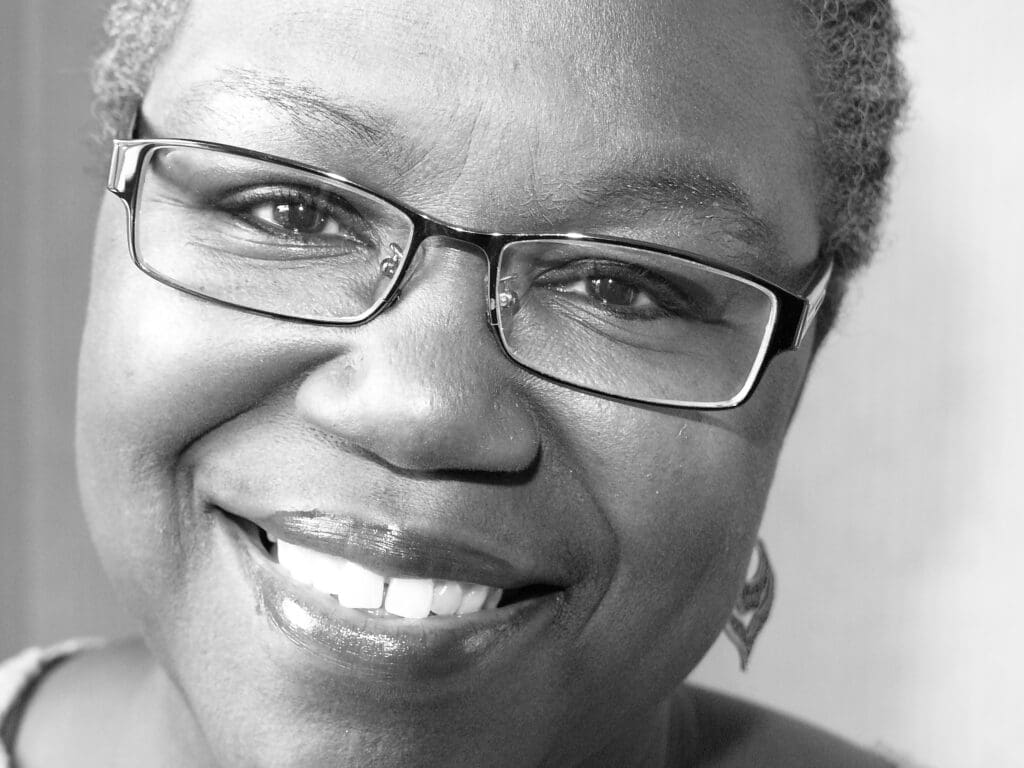
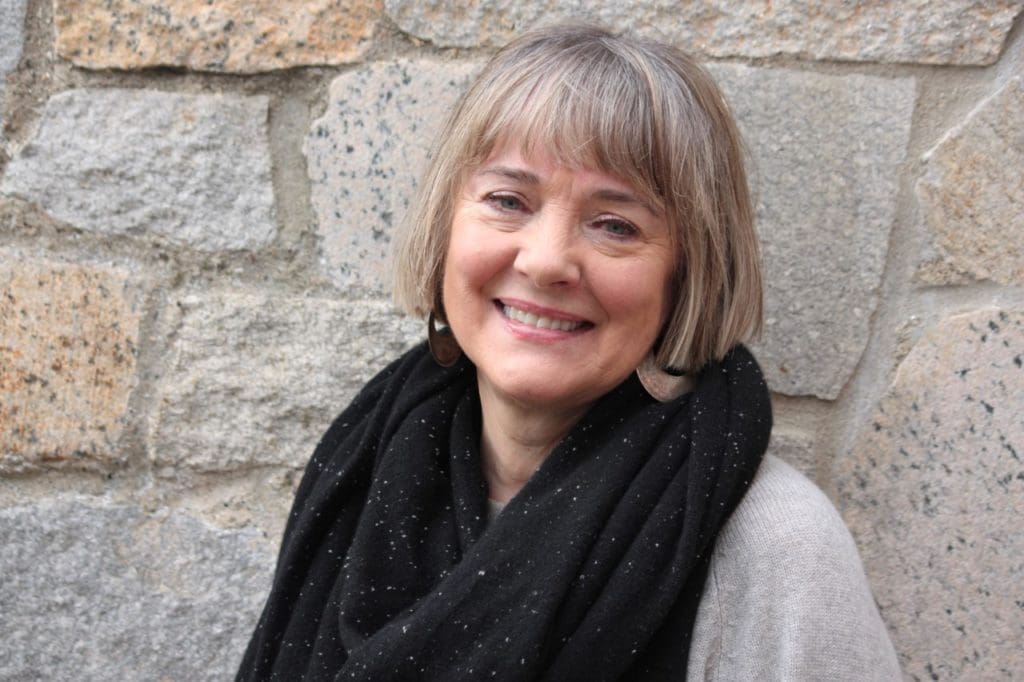
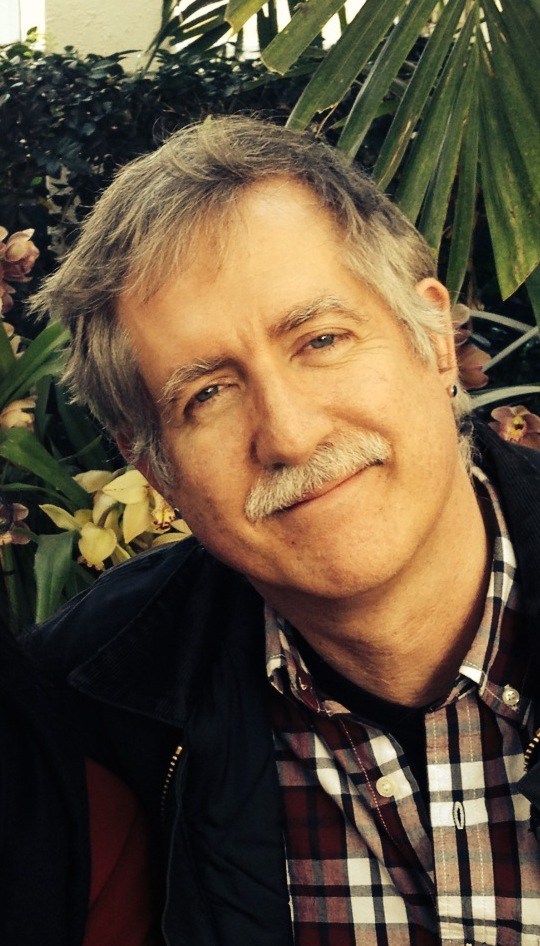
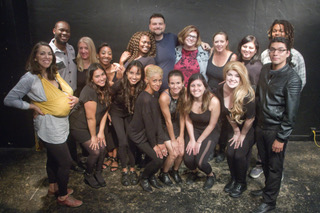
Comments are closed